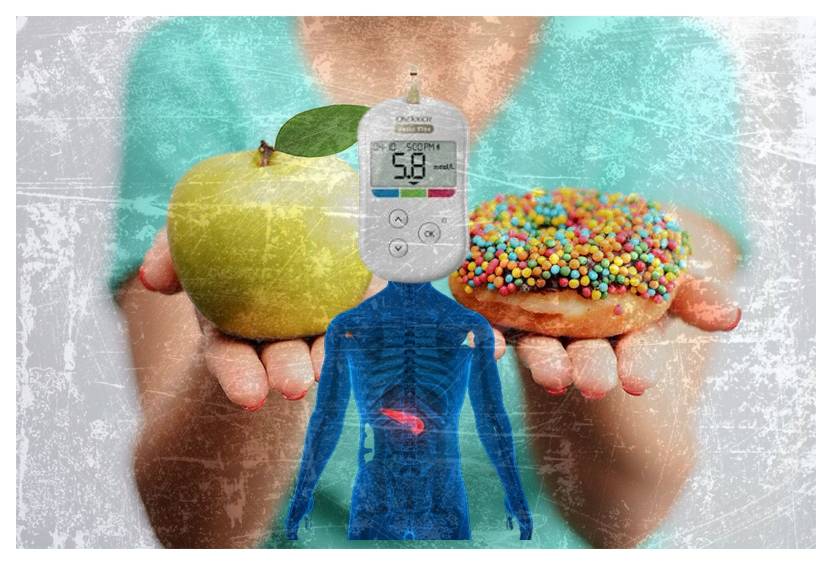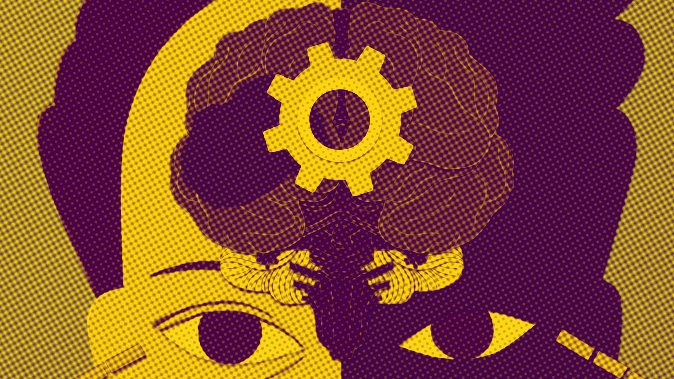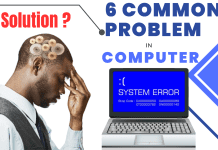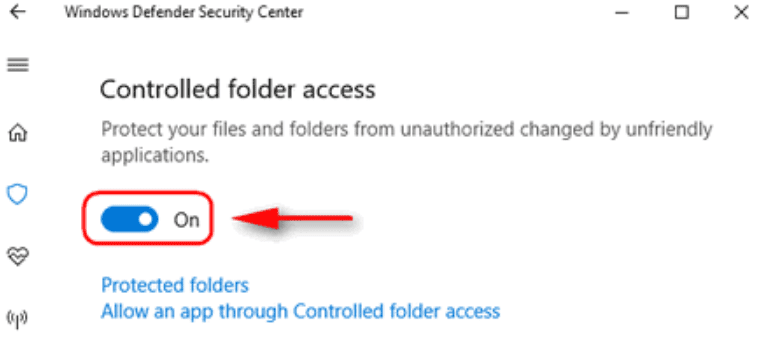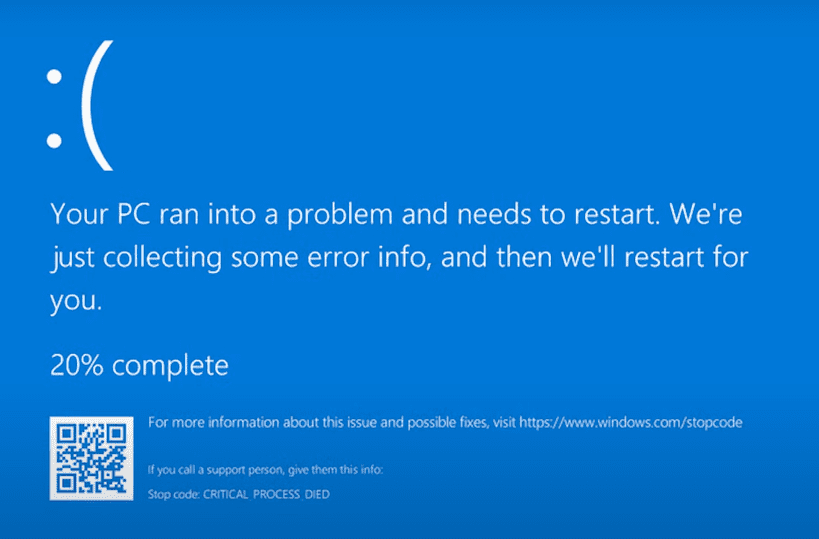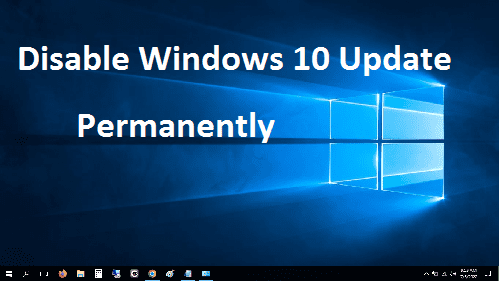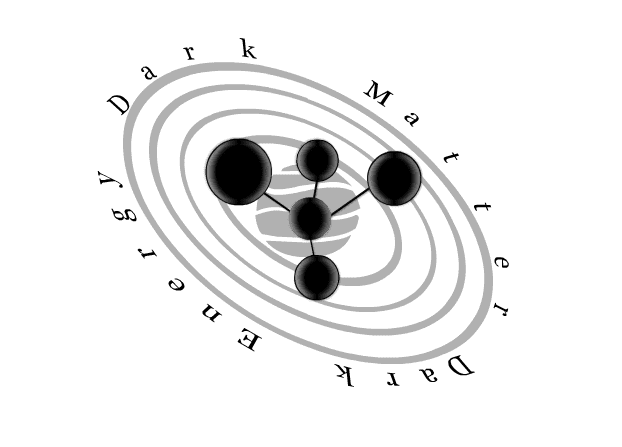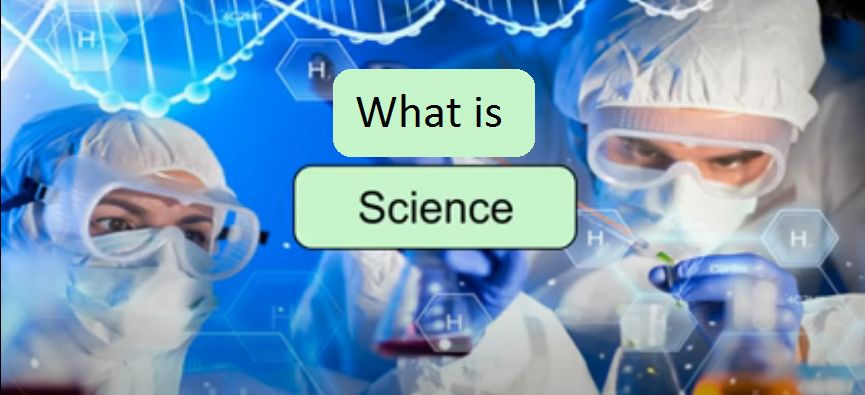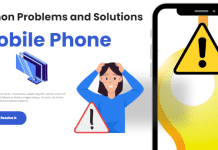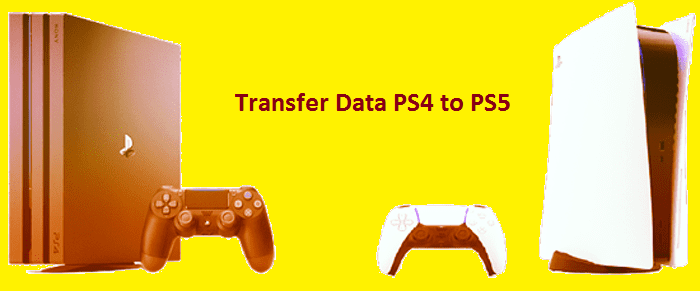In today’s fast-paced world, it is easy to be swept away by the daily grind. Notifications, deadlines, and one’s time are always in demand thus many people become stressed up, anxious and overwhelmed with relentless activities. However what if there existed a way to slow down, clear our minds and attain peace amid mayhem? Mindfulness.
Mindfulness is about being in the moment, observing thoughts, emotions and feelings without any criticism. This means that we should be aware of ourselves as well as other persons around.
The advantages are numerous.
Reducing Stress and Anxiety
One study found that mindfulness can reduce stress levels by simply focusing on the present instead of worrying about either past or future. It helps us control our minds by paying attention to our breaths, bodies and what is happening around us.
Improving Mental Clarity and Focus
Another way of improving mental clarity and focus is through practicing mindfulness which trains our mind on how to remain present in whatever we do. Thus increasing concentration levels leads to increased productivity as well as decision-making power.
Enhancing Emotional Intelligence
Mindfulness enhances emotional intelligence by making us more aware of our emotions as well as thoughts. Rather than react impulsively this enables us deal with issues skillfully in a more appropriate manner so that we can respond appropriately in different situations.
Promoting Compassion and Empathy
Compassion and empathy are developed through mindfulness practices that can allow us to look at things from other angles. This can help in improving relationships, communication, as well as general wellness.
How then do you apply mindfulness in your everyday life? Here are some hints;
- Small beginnings: Start with short mindfulness exercises such as deep breathing or body scanning meditation.
- Keep going: Aim for a daily mindful experience even if it’s just for a few minutes.
- Do what fits you best: Try out various mindfulness methods like walking, yoga or guided meditations.
- Develop it into a routine: Make it a daily habit such as upon waking up or right before bed.
In conclusion, among the tools that assist individuals in achieving tranquility amidst such fast changing world is mindfulness. Stress and anxiety levels can be reduced; mental clarity and focus improved while emotional intelligence raised through mind fullness programs on daily basis. Therefore, take one deep breath, be here now and appreciate the power of being mindful alone.
Mindfulness in the Day to Day Activities

To incorporate mindfulness into everyday life is simple and enjoyable. Here are some suggestions to get you started:
- Mindful respiration: Take just a few moments every day to concentrate on your breath, sensing the air coming into and leaving your body.
- Body sweep: Lying down or sitting comfortably, you should direct your mind’s attention to different parts of your body starting from the toes all the way up towards the crown of your head.
- Mindful walking: Pay attention to the feeling of your feet hitting the ground, each individual step as it occurs and how your body moves when you walk.
- Mindful eating: Appreciate each mouthful by chewing slowly while noting its aroma, texture and taste.
- Mindful communication: Listening attentively, concentrating on what someone else is saying and responding with care.
Mindfulness in Relationships
Moreover, mindfulness aids in improving our relationships with others. We can:
- Listen better
- Answer more kindly
- Talk openly
- Sort out disagreements quickly
- Mindfulness in the Workplace
- Concentration of mind could also improve our employments. By decreasing anxiety and making us concentrate, mindfulness can:
- Increase efficiency
- Improve creativeness
- Develop the art of making good choices.
- Make people enjoy their jobs more.
conclusion
In a world full of chaos, mindfulness is a great tool that helps one to find peace, clarity and compassion. Mindfulness is something that we can practice in our daily lives to help us reduce stress and anxiety levels, develops our mental clarity and focus, increase emotional intelligence as well as nurture compassion and empathy. It does not matter whether it is through meditation or mindful movement or just daily activities; as far as every aspect of our life is concerned mindfulness may be a transformative practice for all of us.
- Supplementary Materials
- If you want to know more about mindfulness, then there are many other resources that can help. These include:
- Books: “The Miracle of Mindfulness” by Thich Nhat Hanh and “Wherever You Go, There You Are” by Jon Kabat-Zinn
- Apps: Headspace, Calm and Insight Timer
- Online courses: Mindfulness-based stress reduction (MBSR) courses, mindfulness workshops and retreats
- Never forget that mindfulness is a journey not a destination. Start from somewhere small, keep at it, find out what works for you; with time consciousness has multiple benefits which can enable someone live in tranquility thus an existence filled with sympathy as well as satisfaction.
- Mindfulness and Technology
- Though mindfulness is often associated with ages old religious practices, it can also be integrated into our modern, tech-based lives. In fact, there are numerous apps, software programs as well as online tools that enable us to cultivate mindfulness. Some of the most popular ones include:
- Headspace: It’s a meditation as well as mindfulness app that gives guided sessions and tracks your personal progress.
- Calm: This relaxation or sleep app has guided meditations, sleep stories or even soothing music.
- Insight Timer: A free application that has a variety of guided meditations and a timer for personal practice tracking.
- Focus at Will: This music service plays background music which is specifically composed to aid your concentration and focus.
- Mindfulness and Creativity
- Creatives too can use mindfulness. Being in a mindful state means that we can:
- Have access to new inspirations
- Use our imagination
- Get another view point
- Improve our problem solving skills
- Mindfulness and Art, Mindfulness and Education
- Historically famous artists, authors and musicians have said that some aspects of art are favored by mindfulness. Just like the Beatles’ George Harrison who was a long-time student of meditation and mindfulness practice even as he engaged in songwriting.
- For instance, Many famous artists such as writers and musicians attribute their success to mindfulness because it has helped them access their creative potential. For example, George Harrison from the Beatles practiced meditation for many years; he also incorporated the use of this technique in his music writing process.
- Conclusion
- In conclusion, we can say that Mindfulness is a powerful tool for personal development. Therefore, when we incorporate mindfulness to our daily routine it helps reduce stress levels and anxiety disorders thus enabling mental clarity or focus raising emotional intelligence levels as well as encouraging compassion or empathy. Thus mindfulness can be brought into all walks of life through meditation practices, mindful movement activities or while doing everyday chores that results in a more peaceable compassionate fulfilling life.
- With such few examples illustrating how schools are using these methods in their curriculum this essay is too brief on the positive effects of including mindfulness techniques in academic institutions’ curricula. A research done by Mindful Schools gives an example where students who were taught mindfulness had significant improvement both socially and academically.




